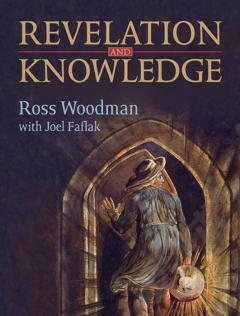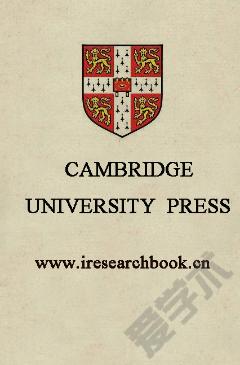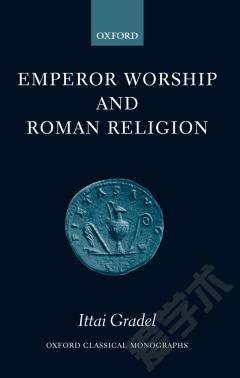Early Romanticism and Religious Dissent
Religious diversity and ferment characterize the period that gave rise to Romanticism in England. It is generally known that many individuals who contributed to the new literatures of the late eighteenth century came from Dissenting backgrounds, but we nonetheless often underestimate the full significance of nonconformist beliefs and practices during this period. Daniel White provides a clear and useful introduction to Dissenting communities, focusing on Anna Barbauld and her familial network of heterodox 'liberal' Dissenters whose religious, literary, educational, political, and economic activities shaped the public culture of early Romanticism in England. He goes on to analyze the roles of nonconformity within the lives and writings of William Godwin, Mary Wollstonecraft, Samuel Taylor Coleridge, and Robert Southey, offering a Dissenting genealogy of the Romantic movement.
{{comment.content}}








 京公网安备 11010802027623号
京公网安备 11010802027623号